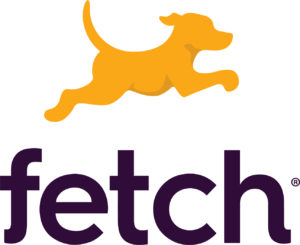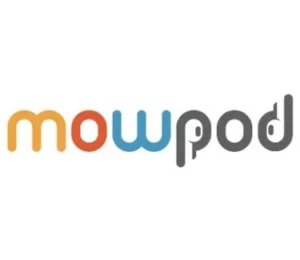How Marketing Mix Modeling unlocks scale & Incrementality — Rohit Maheswaran // Lifesight
Rohit Maheswaran
Lifesight
- Part 1 How Marketing Mix Modeling unlocks scale & Incrementality — Rohit Maheswaran // Lifesight
- Part 2Optimizing media buying in privacy first era — Rohit Maheswaran // Lifesight
Show Notes
-
02:51Lifesight's recent growthIn the past six months, Lifesight has experienced fantastic growth, with its new product line gaining traction. They've transitioned from third-party marketing measurement to a focus on first-party measurements and introduced modern AI techniques for marketing measurements.
-
03:35Marketing mix modeling and its evolutionWhile overshadowed by click and view-based attribution, marketing mix modeling remains valuable for evaluating media channel impact on KPIs in both online and offline marketing. Cloud-based AI capabilities have democratized its accessibility.
-
05:39Factors driving the resurgence of marketing mix modelingMMM's significance has grown with GDPR, iOS 14 changes, and browser-based limitations that hinder one-to-one tracking and measurement accuracy. The model utilizes historical spend and sales data, and external factors like competitor promotions for optimized budget allocation.
-
07:31How marketing mix modeling worksMMM is a statistical prediction model that incorporates ad channels, ad stock, and saturation and uses historical aggregated data, external factors, and machine learning models to provide custom insights. The process enables marketers to adjust scenarios and adapt quickly to changing needs.
-
11:19The role of marketing mix modeling in the martech analytics stackMMM is used for budget reallocation, followed by campaign execution, data activation, attribution, and daily optimization. The process is completed with experiments to validate the impact, creating a feedback loop for more accurate budget allocation and measurement.
-
13:52Challenges in adopting marketing mix modelingConvincing modern marketers who are accustomed to attribution about the value of probabilistic models is a significant challenge. Data accessibility and quality also pose obstacles, but the growing availability of MMM tools is changing the landscape.
-
15:44The ideal data setup for marketing mix modelingA business usually needs a year of data, a monthly marketing spend of $50,000, and three or more marketing channels. Data can be connected directly or through platforms like Google Sheets, allowing for data flow and model calibration to optimize budget allocation.
Quotes
-
"Marketing mix modeling supplements decision-making by incorporating various data inputs, including spend, conversions, competitor activities, events, and organic data, to optimize budget allocation." - Rohit Maheswaran
-
"Marketing mix modeling measures the true influence of media channels, online and offline, beyond click-based or view-based attribution." - Rohit Maheswaran
-
"Traditional methodologies have evolved, with cloud-based AI capabilities enabling faster marketing mix model outputs for even non-technical or non-marketing analytics users." -Rohit Maheswaran
-
"For effective marketing mix modeling, you typically need at least a year's worth of data and a monthly marketing spend of around $50,000, with more than three channels. Otherwise, attribution tools make more sense." - Rohit Maheswaran
-
"In a cloud or software-based environment, you have the flexibility to quickly adapt and assess the incremental sales impact of budget changes, without being locked into a costly and static model." - Rohit Maheswaran
- Part 1 How Marketing Mix Modeling unlocks scale & Incrementality — Rohit Maheswaran // Lifesight
- Part 2Optimizing media buying in privacy first era — Rohit Maheswaran // Lifesight
Up Next:
-
Part 1How Marketing Mix Modeling unlocks scale & Incrementality — Rohit Maheswaran // Lifesight
Rohit Maheswaran, Co-founder and Chief Product Officer at Lifesight, explores market mix modeling and modern media buying in an age of online privacy. Marketing mix modeling has been around since the '60s, used primarily by larger companies with statisticians and data scientists. While the advent of individual-level tracking in the late 2010s led to its decline, marketing mix modeling is reemerging in popularity as individual-level tracking becomes more difficult to accurately measure. Today, Rohit discusses how marketing mix modeling unlocks scale and better budgeting decisions.
-
Part 2Optimizing media buying in privacy first era — Rohit Maheswaran // Lifesight
Rohit Maheswaran, Co-founder and Chief Product Officer at Lifesight, explores market mix modeling and modern media buying in an age of online privacy. With privacy regulation changes like GDPR, CCPA, and the departure of third-party cookies, marketers are becoming anxious. However, now is the time for marketers to reduce their reliance on platforms and build out a robust first-party data strategy. Today, Rohit discusses optimizing media buying in the privacy-first era
Play Podcast










